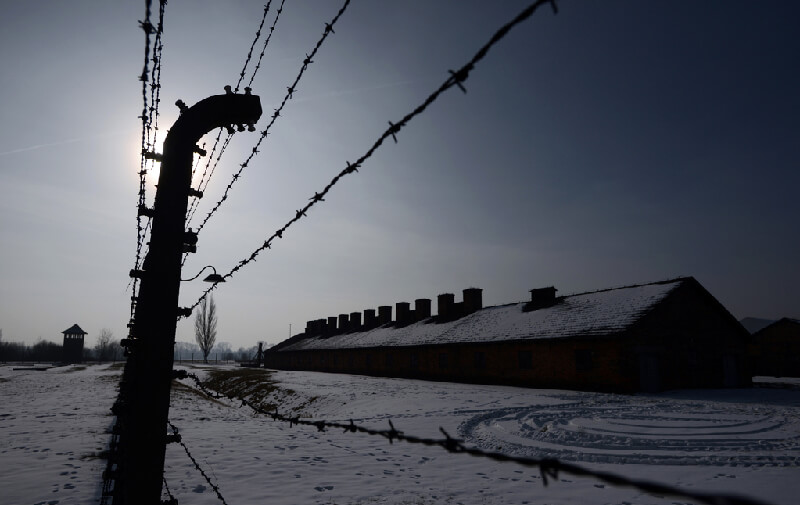By Lisa Zengarini
Amidst growing cases of COVID-19 infection and Covid-related deaths, Brazilian prisons have also recorded a significant increase of torture and inhumane treatments incidents, a recent Church report says.
According to the Report “The Pandemic of Torture in Prison”, which was published on January 22, between March 15 and October 31st the Prison Ministry Office of the Bishops’ Conference of Brazil (CNBB) received 90 complaints of ill-treatments all over the Country, against 53 in the same period of the previous year. Commenting the increase, Lucas Gonçalves, Coordinator of the national Prison Ministry, says the report confirms that torture “is not a matter of the past, but something that is well present in prisoners’ daily life in Brazil”. Violence includes physical abuse, as well as humiliating treatments and deprivations, like denying yard time to prisoners. Moreover, the report points out that inmates are denied access to health treatment, food and personal hygiene items: nearly 75% per cent of the claims concern violations of the basic right to healthcare.
Most claims, however, are ignored by judiciary authorities, who are inclined to believe they are false. Often the State even refuses to enquire the cases: only 8 claims out of the 90 reported by the Prison Ministry were followed by an investigation.
Impact of pandemic on prison inmates
The Church report emphasizes the dramatic impact of the COVID-19 pandemic in the over-populated Brazilian prisons, also criticizing President Jair Bolsonaro for continuously underplaying the Coronavirus crisis. With over 800.000 inmates, men and women, Brazil is the third Country in the world, after China and the United States, with the highest prison population, making prisoners particularly exposed to the infection, which has recorded an increase by 800 per cent between May and June last year. In the same period the death-toll in Brazilian prisons increased by 100 per cent
According to the national Prison Ministry, the pandemic has highlighted the “cruelty” of Brazilian prison system, as well as its discriminatory nature against certain ethnical communities. The report aims at bringing to light this dark reality, while advocating for a change and for alternatives to jail incarceration.














